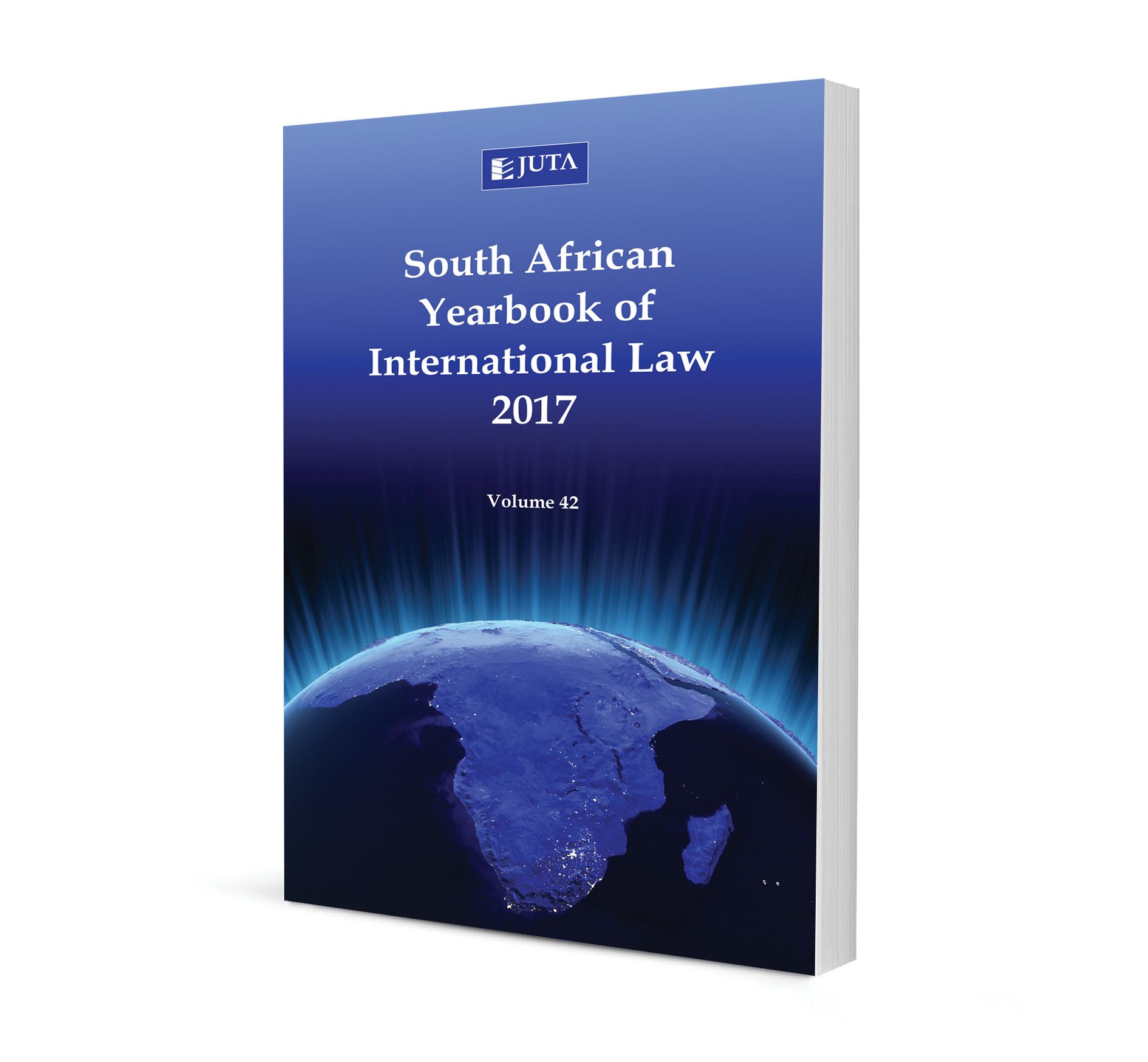
Tackling the Boko Haram Insurgency: Causes, Challenges and Responses
Authors Michael Addaney
ISSN: 2521-2583
Affiliations: None
Source: South African Yearbook of International Law, 2014, p. 157 – 171
Abstract
Over the past five years, a wide ambit of narratives has been proffered on the Boko Haram insurgence in northern Nigeria, particularly its causes and possible solutions. Most of these narratives conflict and thus compete with one another. This is effectively making it difficult for the government of Nigeria and the international community to devise a clearcut approach to deal with the crisis. It has also played an immense role in worsening the relationship between the predominantly Muslim North and the mainly Christian South. This paper critically tests a number of existing narratives that seek both to explain the origins of Boko Haram and propose solutions. It does this through a meta-analysis and critical content analysis of literature as well as information from both local and international media sources. It is organised under two commanding schools of thought: (i) the human development theory and (ii) the Islamic-state theory. Without doubt, the Boko Haram phenomenon is extremely complex. Yet these two theoretical explanations of the insurgence have a significant influence on public thinking about the crisis. While the Islamic-state theory seems to be mainly advanced by the locals who are mostly civilians (Nigerians), the West tends to think that human development issues of poverty are more important. It was found that there was no specific authoritative way of thinking about the crisis in terms of its causes. The study is designed to play an instrumental role in finding a sustainable solution for the crisis in a modest way. In terms of solutions, however, a military intervention through force is suitable should dialogue fail by March 2015.